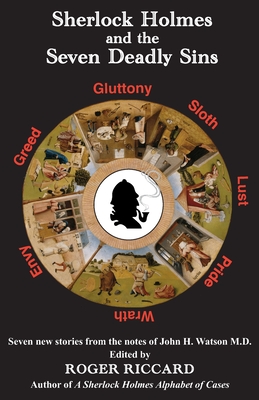
La novela emblem tica de Umberto Eco.
Una apasionante trama y admirable reconstrucci n de una poca especialmente conflictiva, la del siglo XVI.
Aqu hay misterios turbadores, personajes v vidos, un retrato logrado de una poca fascinante, humor sutil, sucesos inesperados y una prosa gil que puede adaptarse a los registros de la fe, la duda, el horror, el xtasis amoroso y la desolaci n.
David Lodge ENGLISH DESCRIPTION
Umberto Eco's first novel, an international sensation and winner of the Premio Strega and the Prix M dicis tranger awards.The year is 1327. Franciscans in a wealthy Italian abbey are suspected of heresy, and Brother William of Baskerville arrives to investigate. When his delicate mission is suddenly overshadowed by seven bizarre deaths, Brother William turns detective. His tools are the logic of Aristotle, the theology of Aquinas, the empirical insights of Roger Bacon - all sharpened to a glistening edge by wry humor and a ferocious curiosity. He collects evidence, deciphers secret symbols and coded manuscripts, and digs into the eerie labyrinth of the abbey, where "the most interesting things happen at night".
"A brilliantly conceived adventure into another time, an intelligent and complex novel, a lively and well-plotted mystery."--SAN FRANCISCO CHRONICLE "The novel explodes with pyrotechnic inventions, literally as well as figuratively . . . The narrative impulse that commands the story is irresistible . . . Mr. Eco's delight in his narrative does not fail to touch the reader."
--NEW YORK TIMES BOOK REVIEW
"Like the labyrinthine library at its heart, this brilliant novel has many cunning passages and secret chambers . . . Fascinating . . . Ingenious . . . Dazzling."
--NEWSWEEK
"Whether you're into Sherlock Holmes, Montaillou, Borges, the nouvelle critique, the Rule of St. Benedict, metaphysics, library design, or The Thing from the Crypt, you'll love it. Who can that miss out?"
--SUNDAY TIMES (LONDON)
member goods
listens & views

TRAVEL NOTES: NEW MUSIC FOR ...
by TRAVEL NOTES: NEW MUSIC FOR VIOLA DA GAMBA / VAR
COMPACT DISC$19.25






